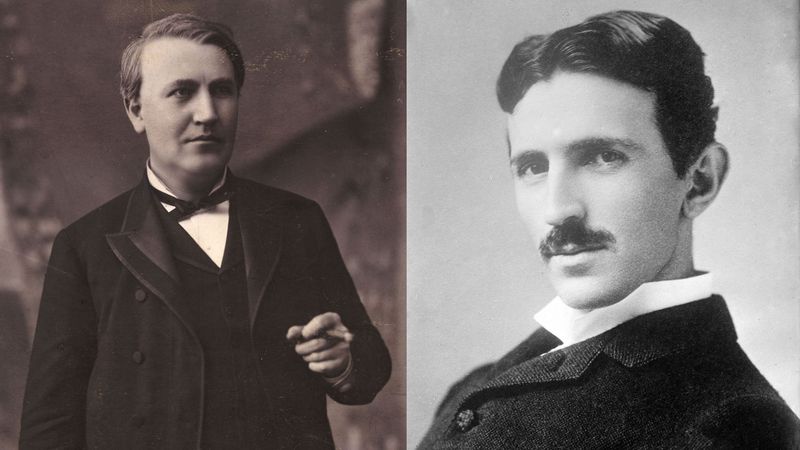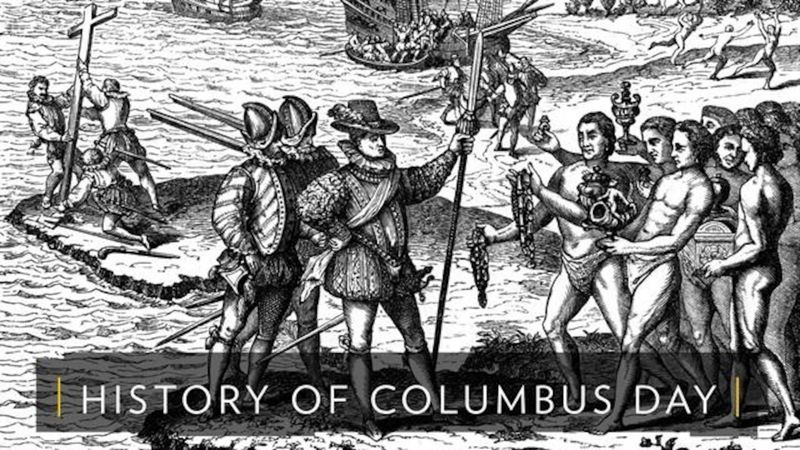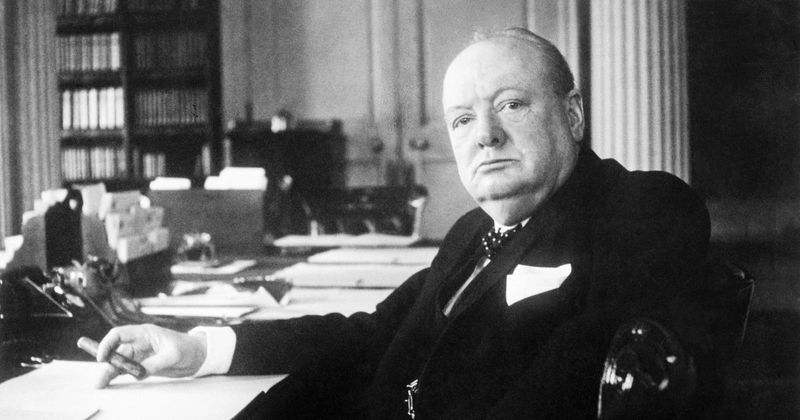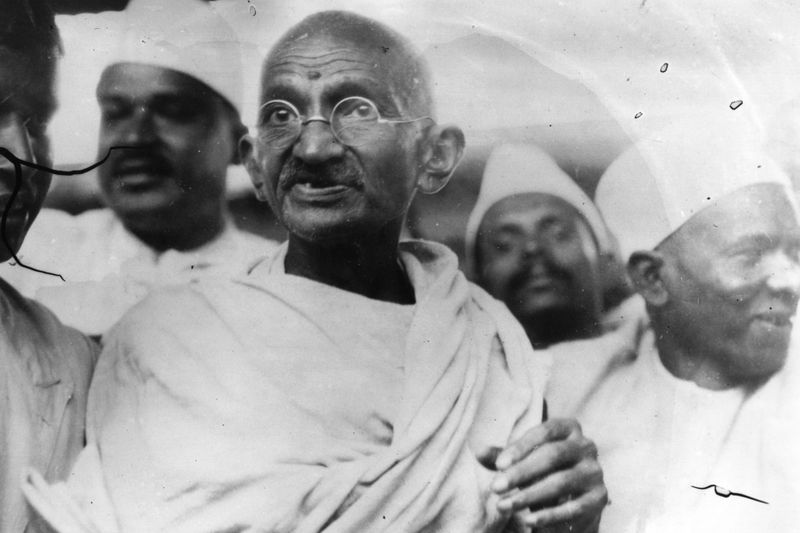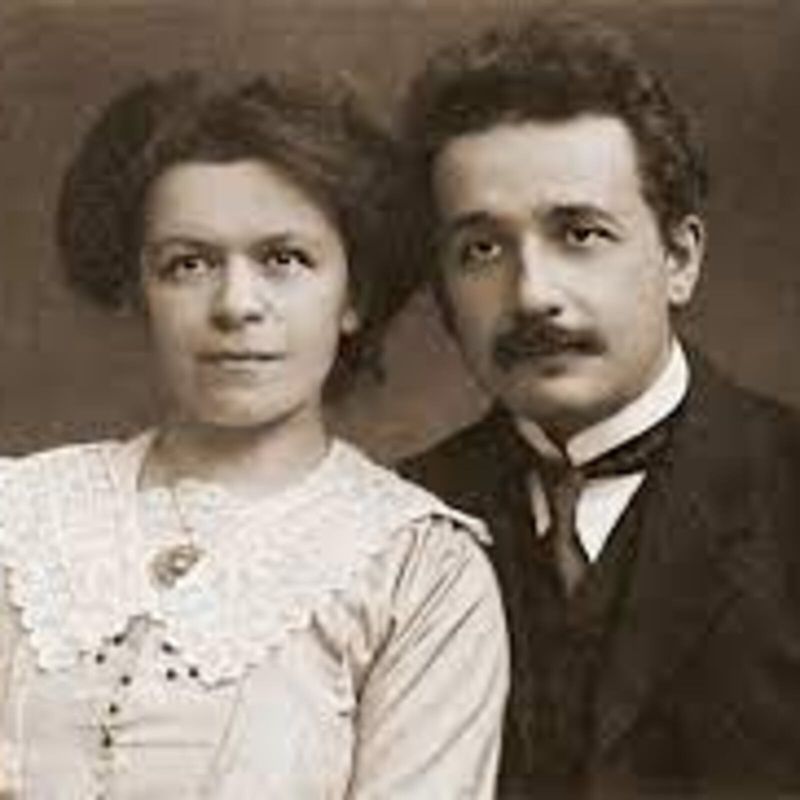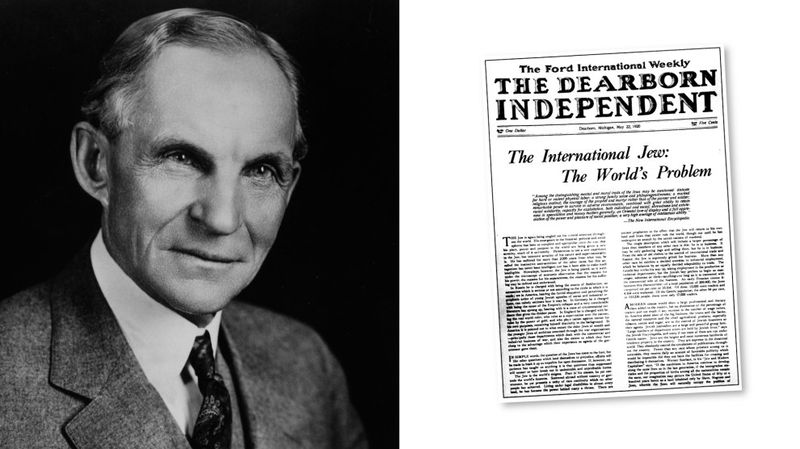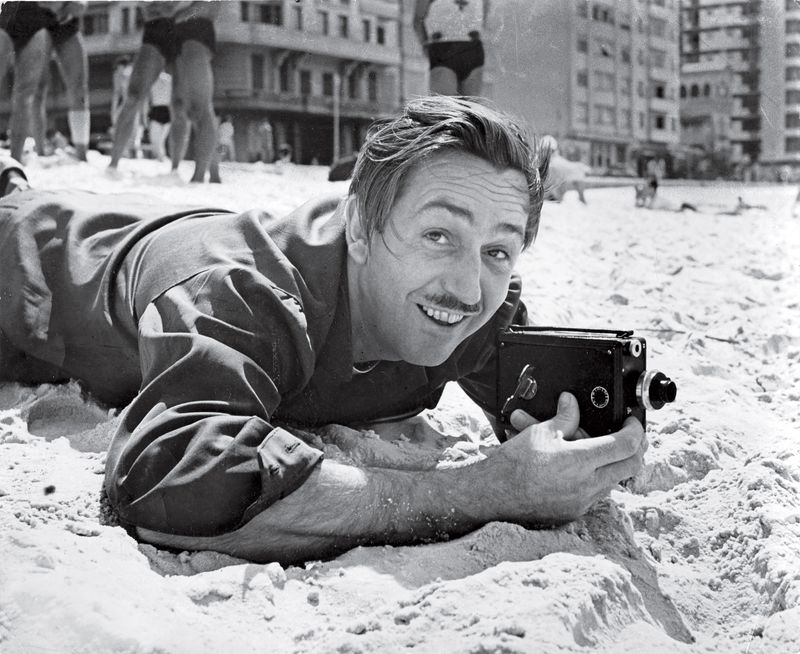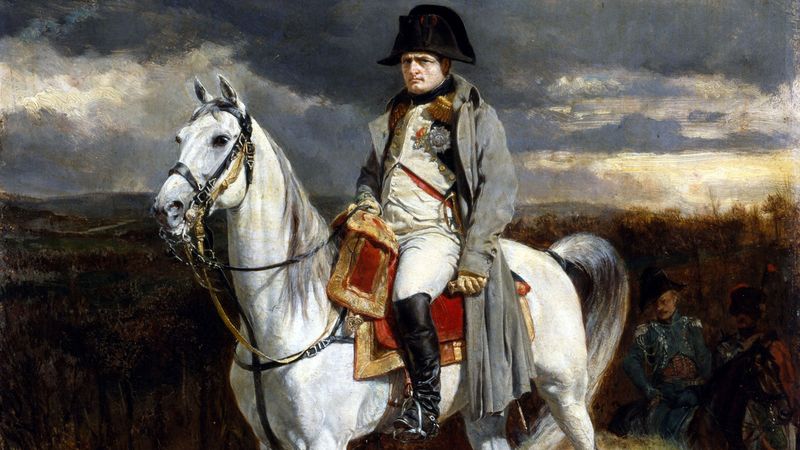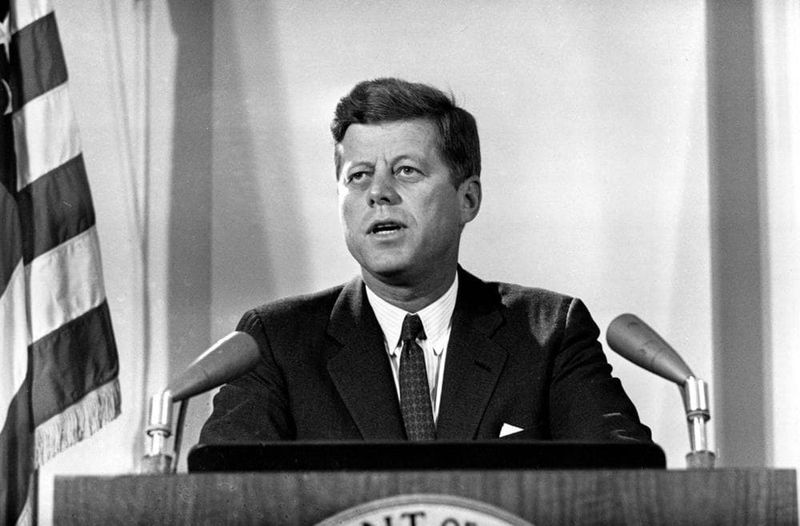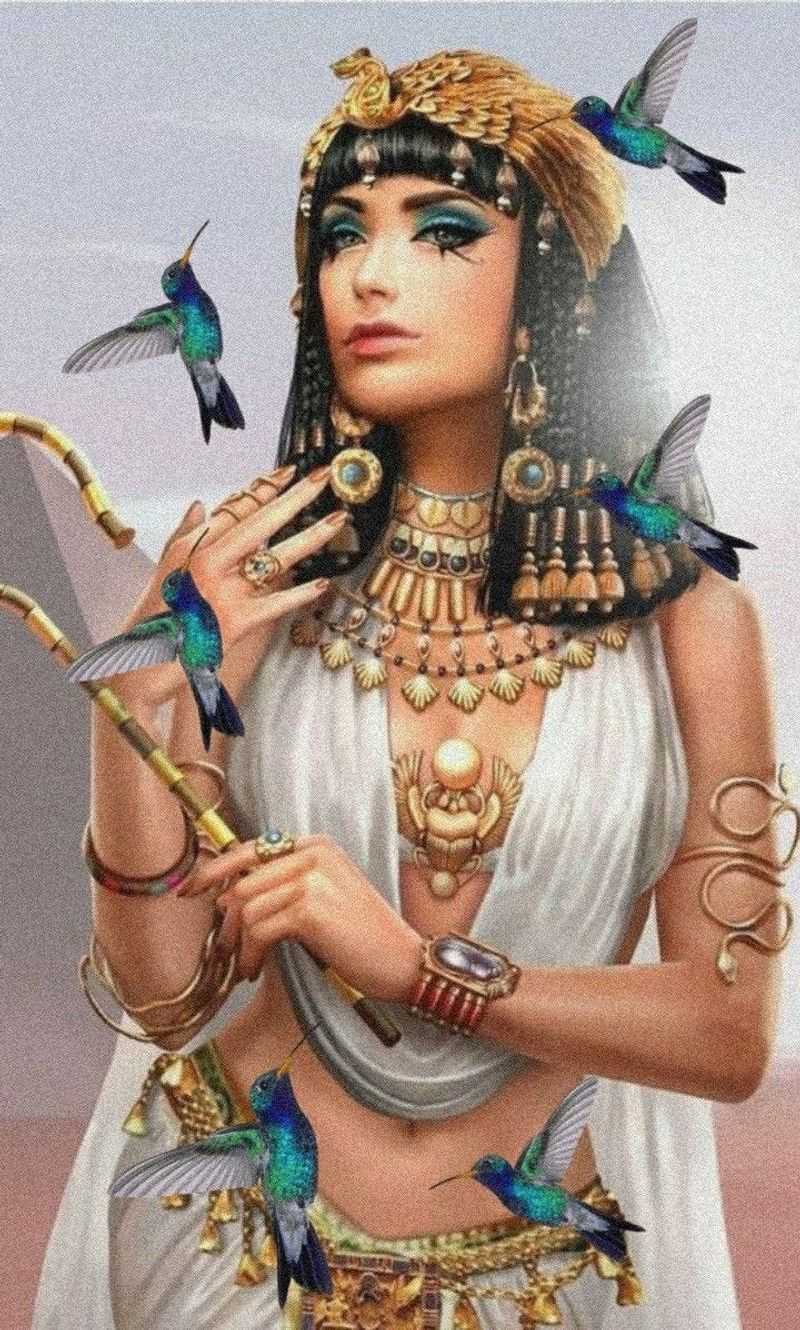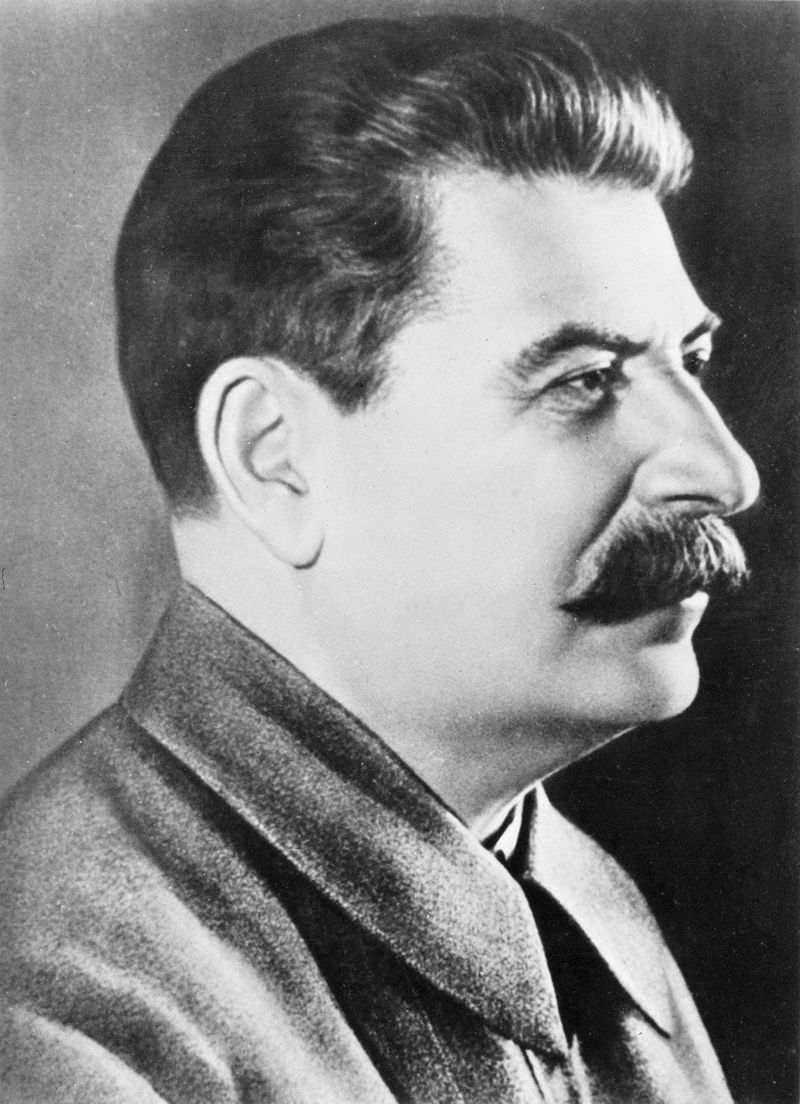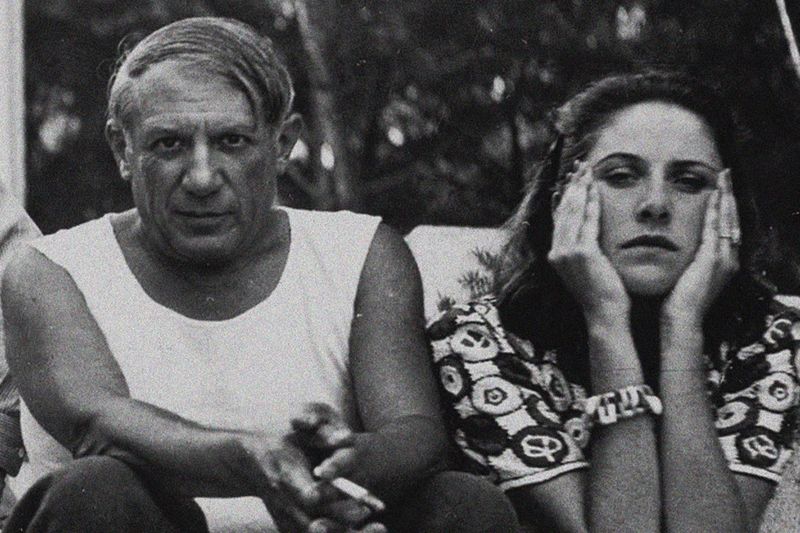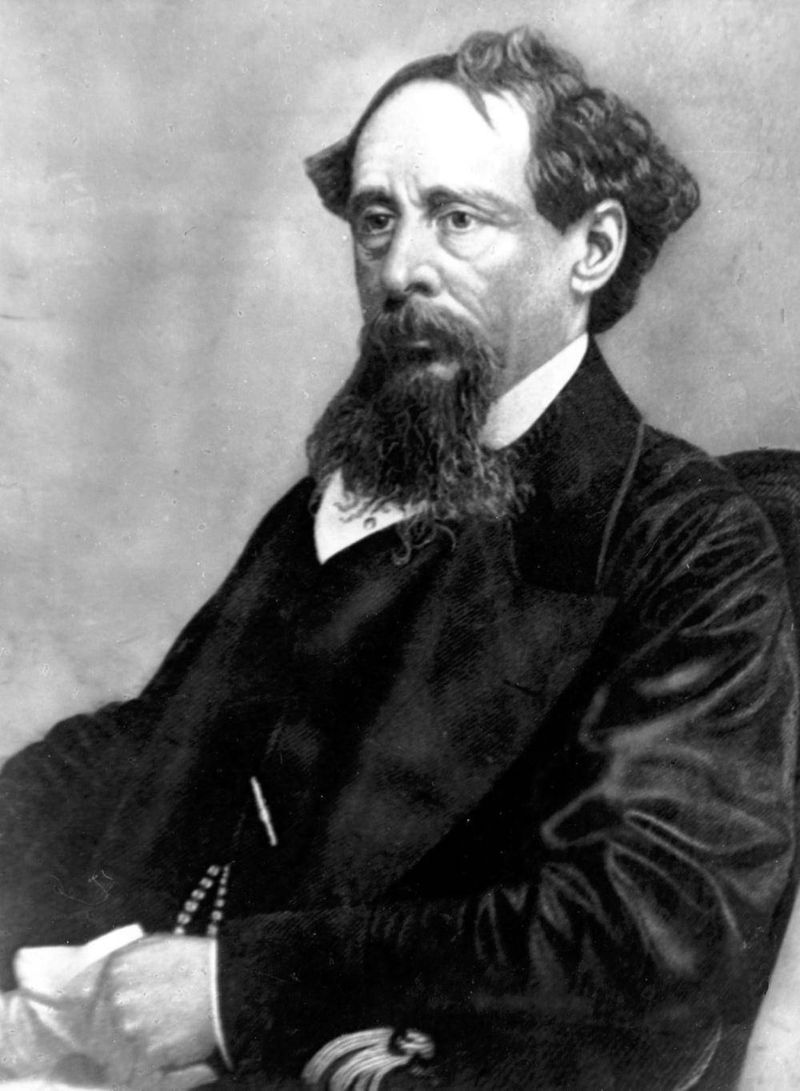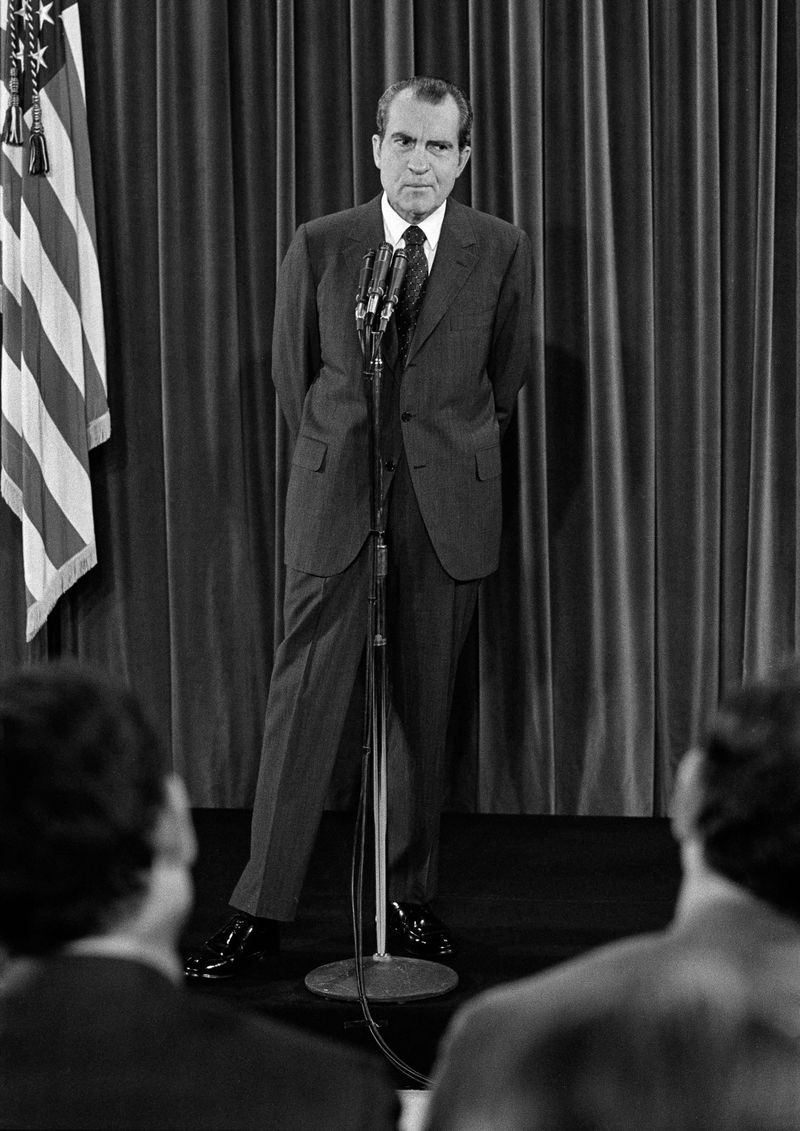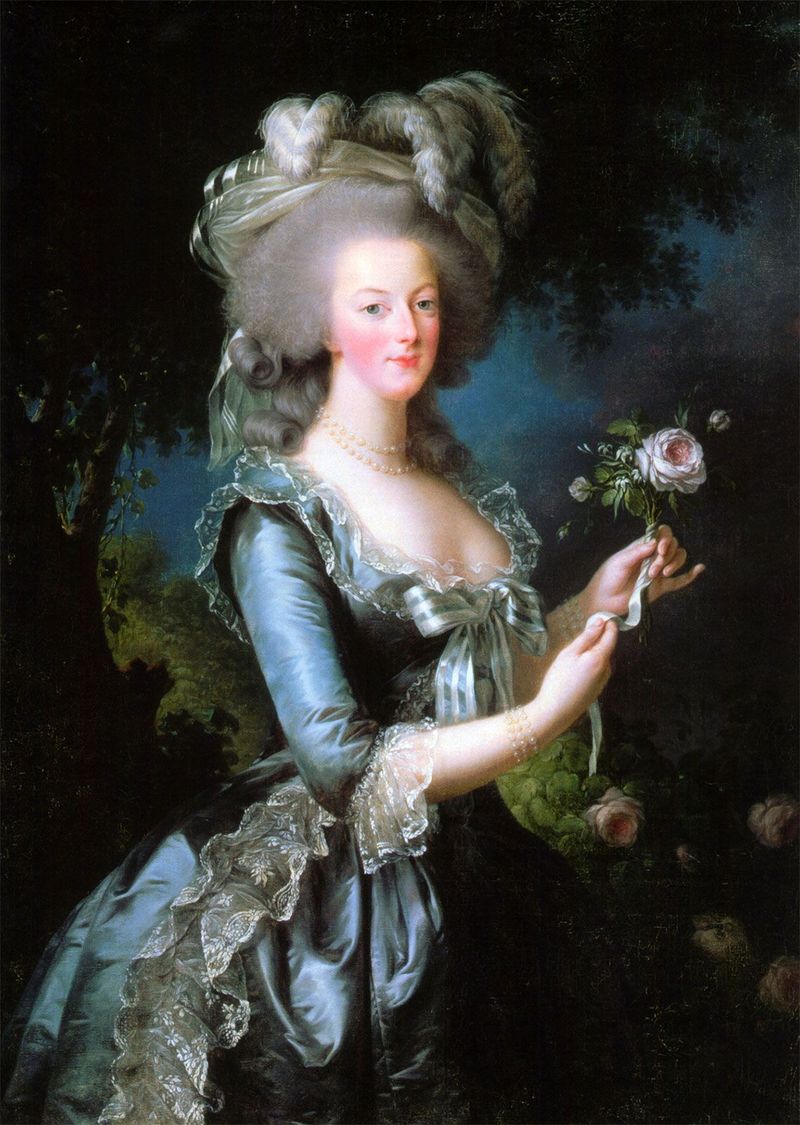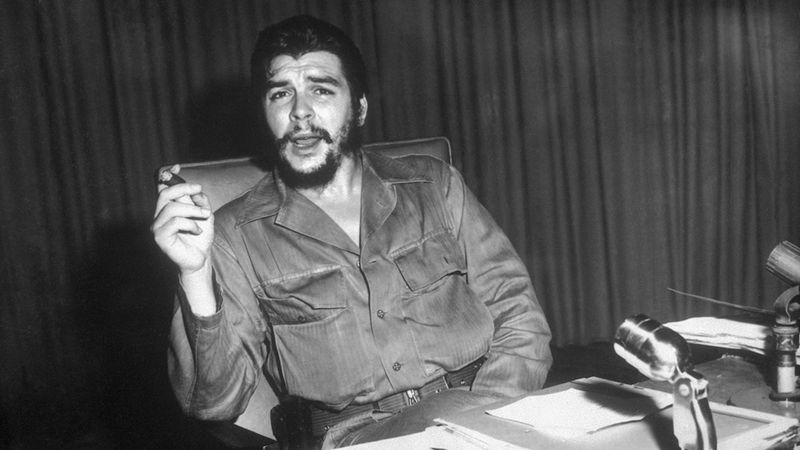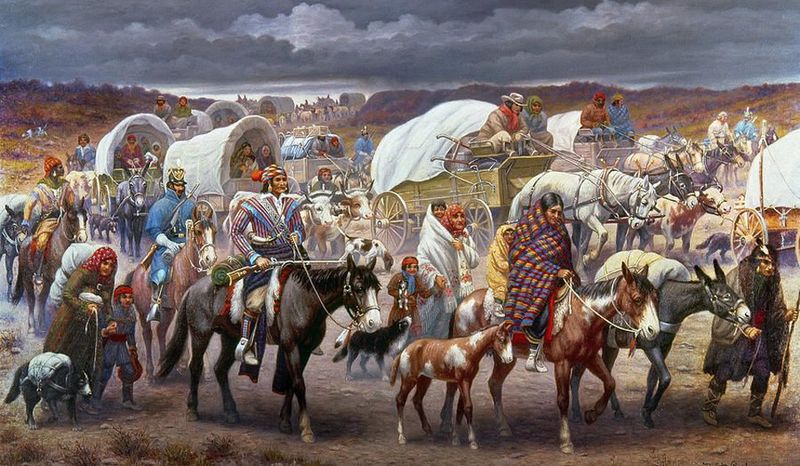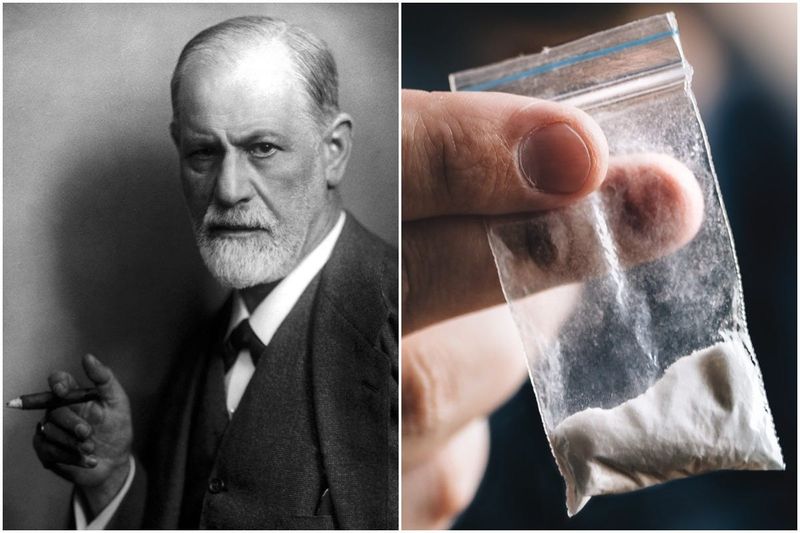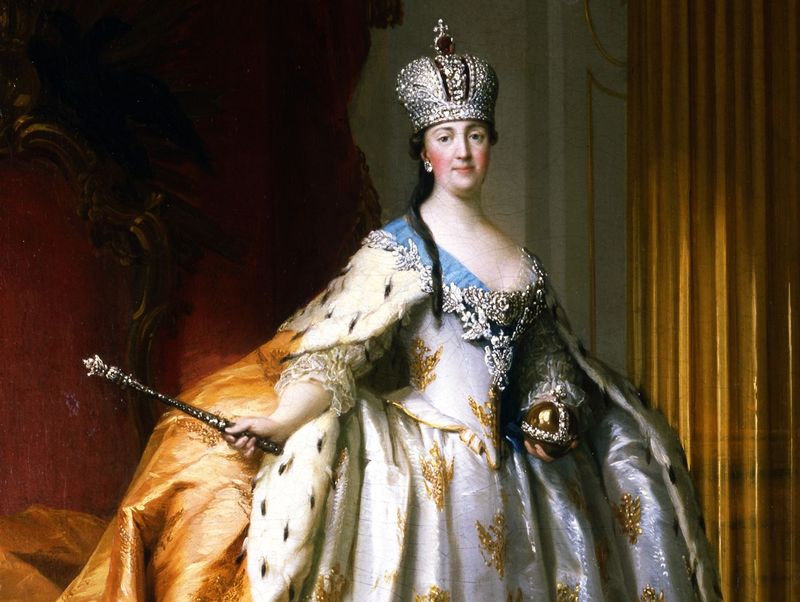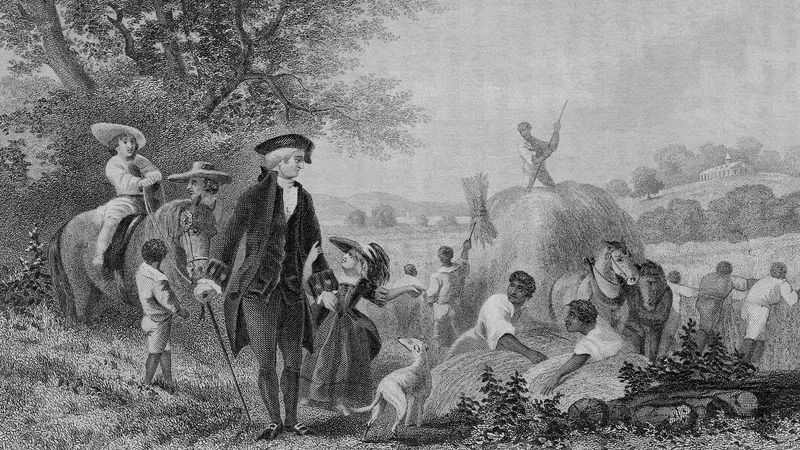History often paints its greatest figures as flawless heroes or irredeemable villains. But the truth? Most historical icons were far more complex—sometimes even shocking—than the legends suggest. Below, we uncover the surprising, scandalous, and downright bizarre sides of some of history’s most famous names.
1. Thomas Edison: The Not-So-Lone Inventor
Edison is celebrated as the genius behind the light bulb, but he actually improved upon others’ work and took credit for his employees’ ideas. His rivalry with Nikola Tesla, who arguably contributed more to modern electricity, was famously bitter. Edison even electrocuted animals to discredit Tesla’s AC current.
2. Mother Teresa: A Saint with Controversy
While revered for her charity work, critics argue that her missions provided poor medical care, with patients suffering needlessly. Christopher Hitchens accused her of glorifying poverty rather than truly alleviating it. Her legacy remains a complex tapestry of compassion and criticism.
3. Christopher Columbus: Explorer or Tyrant?
Columbus didn’t “discover” America, as Indigenous people were already there, and his voyages led to brutal colonization, enslavement, and mass killings of Native populations. His journals even detail his plans to exploit the people he encountered, showing a darker side to his legacy.
4. Winston Churchill: Hero with Dark Policies
Though celebrated for leading Britain through WWII, Churchill’s racist views and policies—like the Bengal Famine of 1943, which killed millions—remain a stain on his legacy. His leadership was marked by courage but also controversial decisions that are still debated today.
5. Mahatma Gandhi: The Complicated Pacifist
While a symbol of nonviolent resistance, Gandhi held troubling views on race early in life and conducted controversial personal experiments, including sleeping naked with young women to “test his celibacy.” His life was a blend of profound peace activism and personal contradictions.
6. Albert Einstein: Brilliant Mind, Troubled Personal Life
Einstein’s scientific genius is undisputed, but he was a neglectful husband and father, admitting in letters that he treated his first wife poorly. He also had numerous affairs, which added complexity to his personal life despite his public image of brilliance.
7. Henry Ford: Industrialist and Anti-Semite
Ford revolutionized the auto industry but was also a vocal anti-Semite who published hateful propaganda and admired Hitler—receiving a medal from the Nazis in 1938. His business acumen was matched by a deeply troubling ideological stance.
8. Walt Disney: The Dark Side of the Magic Kingdom
Disney’s empire brought joy to millions, but he was notoriously racist, anti-union, and allegedly had FBI ties to spy on employees. His early cartoons also contained shocking racial stereotypes, adding a complex layer to his legacy.
9. Napoleon Bonaparte: Short in Stature, Tall in Ego
Contrary to myth, Napoleon wasn’t unusually short; he was average height for his time. However, he was a power-hungry dictator whose ambition led to numerous wars and caused millions of deaths, leaving a legacy of both military brilliance and destruction.
10. John F. Kennedy: Charismatic but Reckless
JFK’s presidency is romanticized, but he had numerous affairs, including with a suspected mob mistress, and hid severe health issues. His actions during the Cuban Missile Crisis nearly caused nuclear war, showcasing the duality of his charismatic yet perilous leadership.
11. Cleopatra: More Than Just a Seductress
History paints Cleopatra as a temptress, but she was a brilliant polyglot ruler who strategically allied with Rome. She likely didn’t die from a snakebite but possibly poison, illustrating her intelligence and the political intrigue of her reign.
12. Joseph Stalin: From Priest to Mass Murderer
Before becoming a Soviet dictator, Stalin studied to be a priest. Later, he orchestrated purges that killed millions, even doctoring photos to erase his enemies from history, leaving a legacy of repression and terror despite his early religious aspirations.
13. Pablo Picasso: Artistic Genius, Abusive Lover
Picasso revolutionized art but treated women horribly, saying, “For me, there are only two kinds of women: goddesses and doormats.” Many of his lovers suffered mental breakdowns, revealing a darker side to his creative genius.
14. Charles Dickens: Advocate for the Poor, Cruel to His Wife
Dickens wrote movingly about poverty but abandoned his wife for a younger actress and forced her out of their home, publicly shaming her. His personal life contrasted sharply with the empathy found in his literary works.
15. Richard Nixon: More Than Just Watergate
Beyond Watergate, Nixon sabotaged Vietnam peace talks to win the 1968 election and was deeply paranoid, recording every White House conversation. His presidency was marked by profound distrust and manipulation, overshadowing his political achievements.
16. Marie Antoinette: Misquoted and Misunderstood
She never said, “Let them eat cake”—that myth was propaganda. While extravagant, she was also a scapegoat for France’s financial crisis. Her life was caught between opulence and revolution, a symbol of excess and misinterpretation.
17. Che Guevara: Revolutionary or Ruthless Executioner?
A symbol of rebellion, Guevara also ordered executions without trial and held harsh views on homosexuality and dissent. His revolutionary zeal was matched by ruthless actions, painting a complex picture of idealism and brutality.
18. Andrew Jackson: Populist President and Genocidal Leader
Jackson was a war hero and populist but also enforced the Trail of Tears, leading to thousands of Native American deaths. His presidency was marked by expansionist policies and a brutal disregard for Indigenous rights.
19. Sigmund Freud: Father of Psychoanalysis… and Cocaine?
Freud promoted groundbreaking psychology theories but also prescribed cocaine—which he used himself—as a cure-all, leading to addiction in some patients. His work was a blend of innovation and controversy, shaping psychoanalysis with both brilliance and flaws.
20. Catherine the Great: The Fake Horse Rumor
The myth that she died having sex with a horse? Pure propaganda. In reality, she was a brilliant ruler who modernized Russia, expanding its borders and influence, dispelling falsehoods with her effective leadership and vision.
21. George Washington: Slave-Owning Founding Father
Despite leading America to freedom, Washington owned slaves and only freed them in his will—after his death. His leadership was marked by both foundational achievements and the moral complexities of his time, underscoring the contradictions of liberty and oppression.

